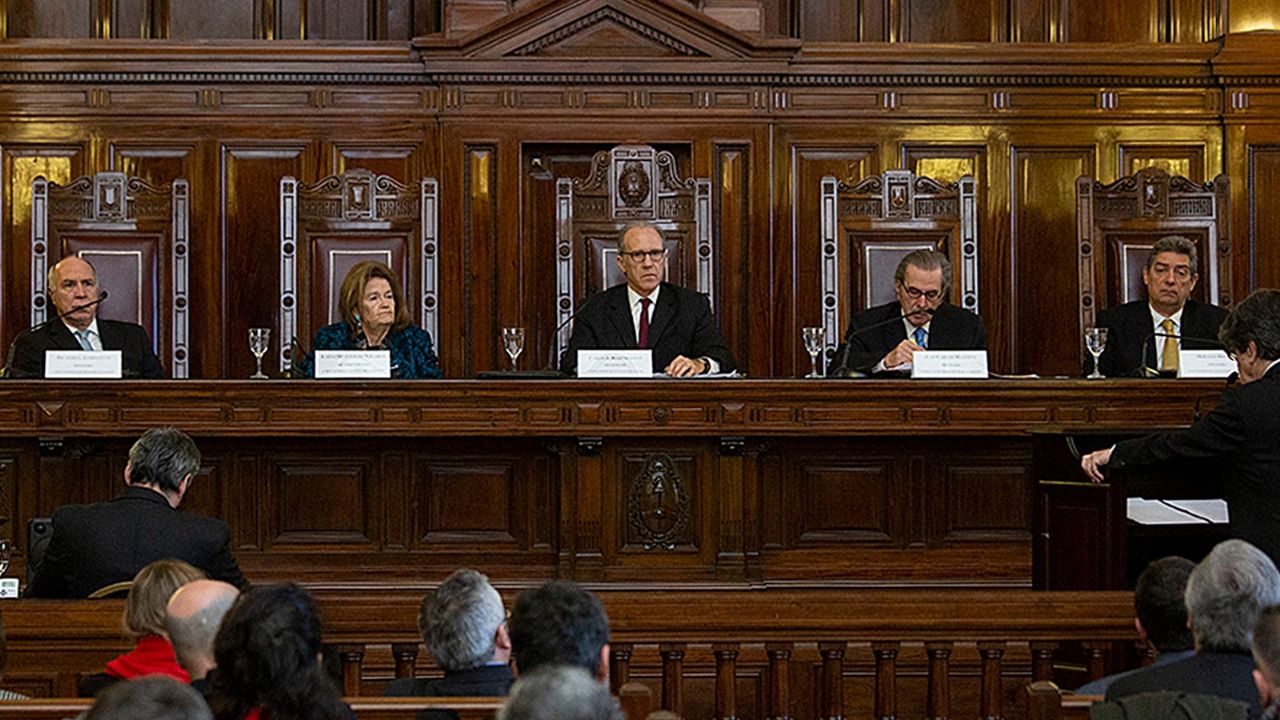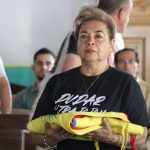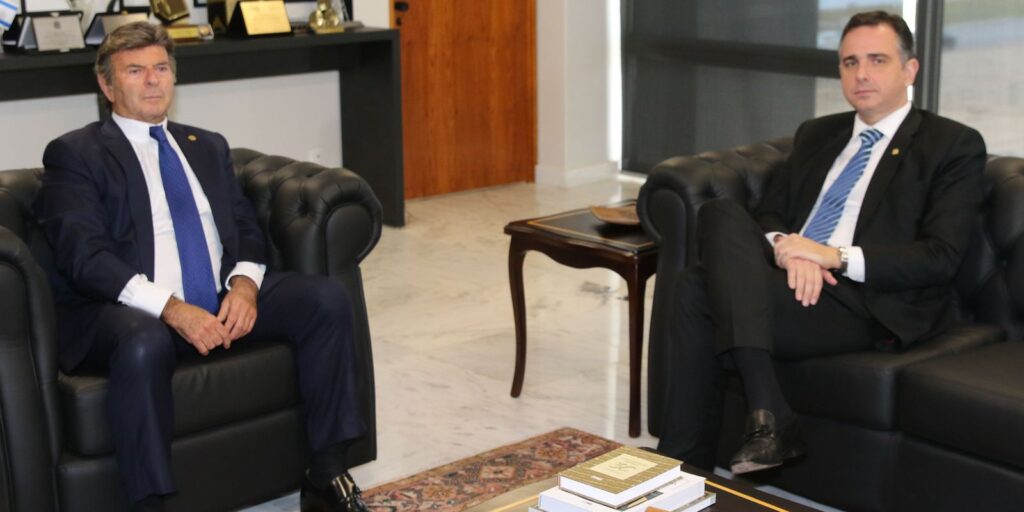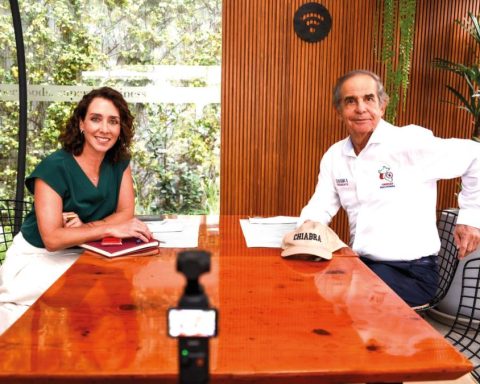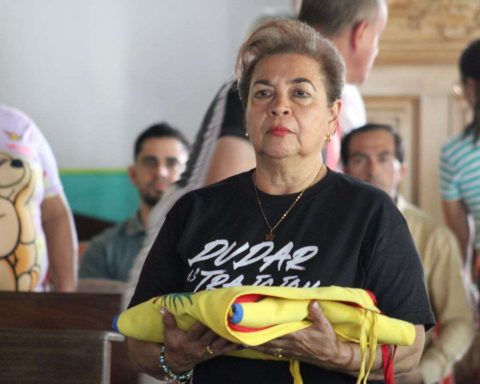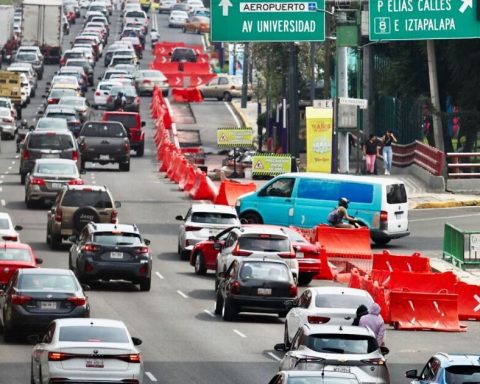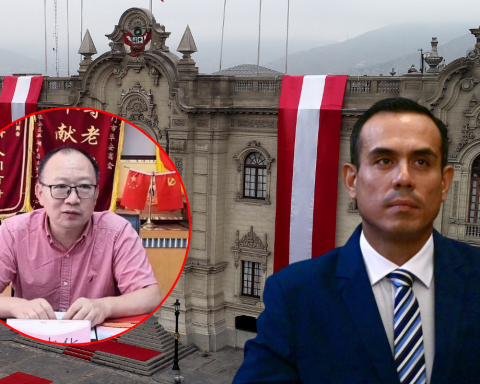This Wednesday, the Senate will resume the discussion on the reform in the composition of the Supreme Court of Justicewhich will include a round of presentations by constitutionalists and representatives of the Judiciary.
The debate on the reform of the highest court will begin at 12:00 in the Constitutional Affairs and Justice and Criminal Affairs committees, where 4 bills will be analyzed to modify the Supreme Court of Justice.
The projects were presented by the Frente de Todos, which proposes expanding the number of judges, giving greater federalism and gender parity in the Supreme Court of Justice.
Although from the opposition they advanced that for the moment they will not support a reform to the high court, since they consider that a reform is “inopportune” which in turn would generate a greater controversy between the Legislative Power and the Judicial Power.

However, the president of the Constitutional Affairs Commission, Guillermo Snopek, criticized the position of Together for Change and recalled that “It is not an issue of now but has been raised since before 2016”.
So far the initiatives presented have been led by Adolfo Rodríguez Saá, Silvia Sapag, Alberto Weretilneck and Clara Vega. Although some proposals vary, all agree on the need to achieve greater federalism.

This would be achieved “with the appointment of magistrates with more representation by regions of the interior of the country, as well as a greater number of women” as the deputies stated.
However, former senators such as Norma Durango, Juan Manuel Abal Medina, Inés Blas, Marcelo Fuentes or Liliana Negre de Alonso, also emphasized the need for reform and the lack of gender equality in the current Court.

Who will be the speakers in the debate on the reform of the Supreme Court of Justice
The discussion to reform the highest court It will have as exponents in the Upper House the former federal judge Carlos Rozanski and the constitutionalist Eduardo Barcesat.

Also the head of Ajus (Lawyers for Social Justice), Emanuel Desojo, the president of Fundejus (Foundation for Studies for Justice), Joaquín Da Rocha, and specialists Raúl Gustavo Ferreyra, Marisa Herrera and Luis Arias.
